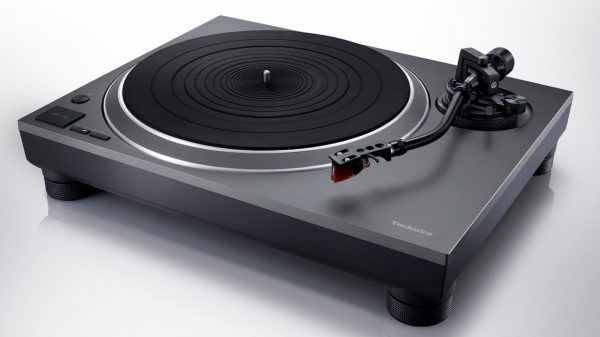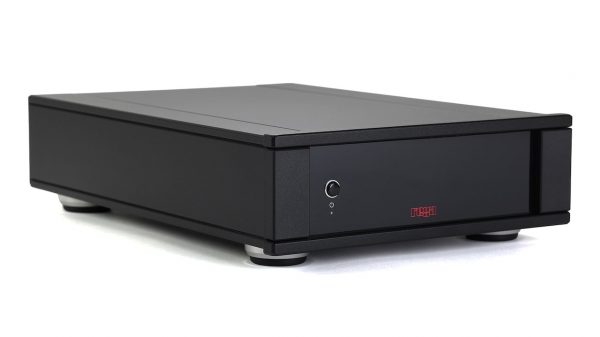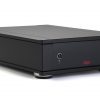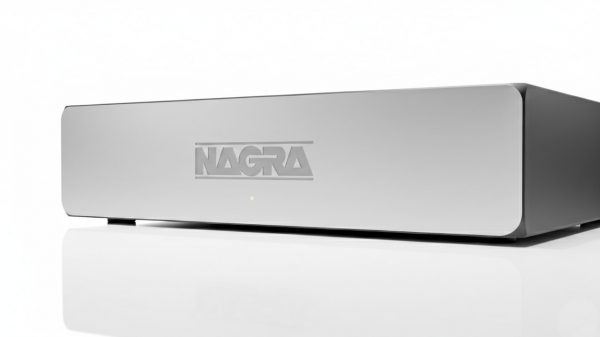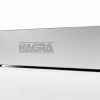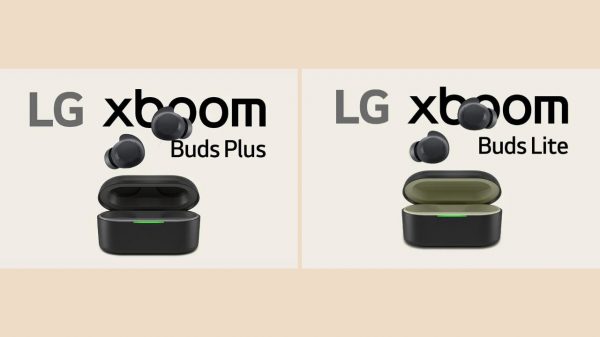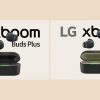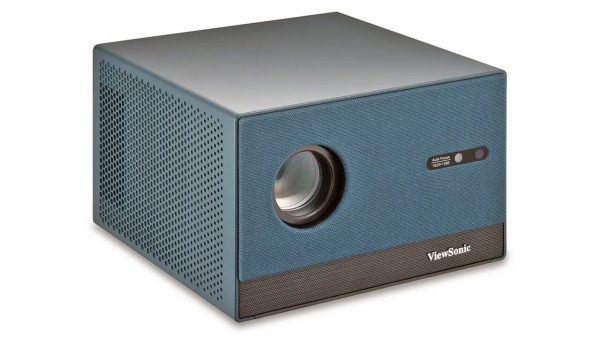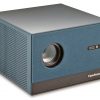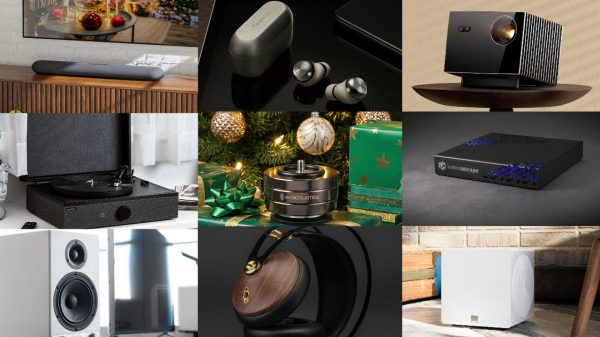Remember what it was like when you first bought your computer? You probably bragged to your friends about how quickly you were able to move about the Internet, how easy it was to move from one application to the next. Now you sit for what seems like eternity as your hard drive struggles to boot up, making sounds that you interpret as being a last gasp of breath before a final crash
While you knew the computer wasn’t going to last forever you were almost certain it would have given you a few more good years before you had to upgrade. The transition from a fast and reliable computer to an unpredictable and sluggish computer is nearly impossible so the next move becomes very important.
For many the move is buying a new computer. Certain that there is nothing that can be done to reverse the damage that exists they bite the bullet and shell out their money for something new and the process begins again. The problem with this move is that it is being done without a full understanding of what went wrong and ultimately a failure to protect the computer from a dangerous disease.
It’s almost as if we’ve resigned ourselves to the idea that we have an undetermined amount of time with our computer and when the technology gods are ready to call it home there is nothing we can do. While we kick and scream over the unfair fate that has been bestowed upon us we eventually accept the hand dealt and move on.
The question all computer owners should ask themselves is have they taken the necessary steps to ensure their hard drive is not a breeding ground for fragmentation. Recognized as a computer disease, there is nothing that spells disaster for a hard drive quit like untreated fragmentation. It is this disease that will cause a dramatic slowdown in computer performance and destroy the reliability of the hard drive. Possibly the most damaging aspect of fragmentation is in its relative obscurity in the minds of computer owners. Remember the saying; what you don’t know can kill you.
Because it progresses in an almost methodical fashion fragmentation can easily go undetected to those who don’t understand its nature. Unfortunately pleading ignorance will not give a computer owner a reprieve when it comes to the disease, it will only destroy their hard drive quicker.
Fragmentation, in essence, relates to how your hard drive stores saved files. Because a hard drive is designed to save files in a contiguous manner any addition, modification, or deletion of an existing file presents a problem. When a file is created it is placed in a designated space on the hard drive that is capable of storing just that amount of information. If an addition is made to that file at a later time it will no longer fit in the same space and the hard drive is forced to break the file up and store the added information in another space, thus a fragmented file. The next time you try to retrieve that file your hard drive is forced to search for the pieces causing the delay that leads to your frustration.
It’s important to remember that files are being saved on your hard drive every time you turn on your computer. Thousands of these temporary files are created each time you access the Internet or log on to your email and these same files add to the fragmentation problem that slows down your hard drive.
In order to halt the progression of fragmentation every computer owner should install defragmentation software on their hard drive. This simple act will not only eradicate any fragmented files but will also prevent a reoccurrence of the disease. By installing defrag software the speed of a hard drive will be restored and add those extra years to the life of your computer that you thought you had coming.
So before you think those technology gods have cursed you with an unwarranted fate try to see it as more of a nudge to do the right thing and get some defragmentation software. If you ignore that nudge you may find yourself truly needing a new computer because without defrag your hard drive will almost certainly crash.


